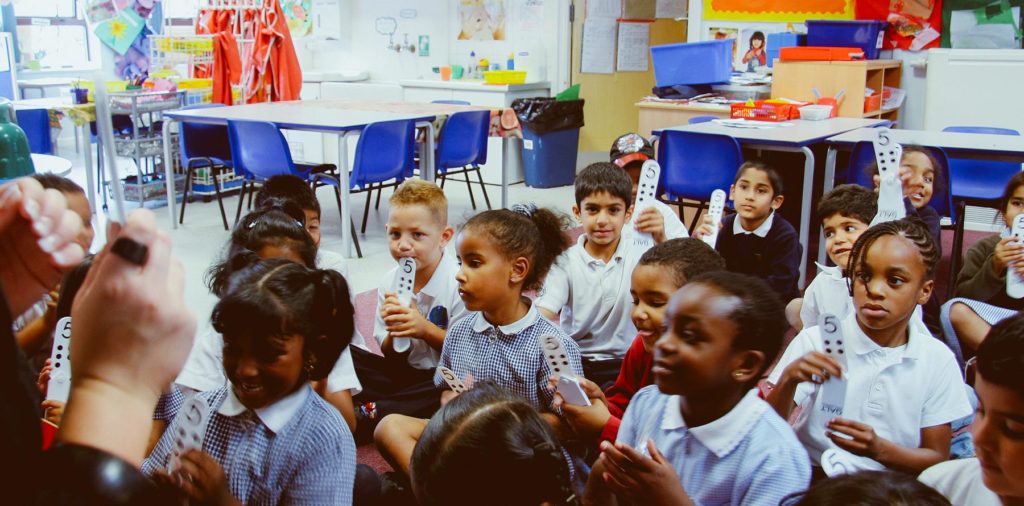Parents Not Politicians
 Important new data was released by the Evangelical Alliance this week, following a poll by ComRes to test public opinion concerning the role of parents in Relationships and Sex Education.
Important new data was released by the Evangelical Alliance this week, following a poll by ComRes to test public opinion concerning the role of parents in Relationships and Sex Education.
Primary legislation passed in the Children and Social Work Act 2017 stated that parents would not have any right to remove their children from Relationships Education lessons during Primary school years. The DfE has made it very clear that this will not change.
But the public, it seems, thinks very differently about the role of parents. This is what the evidence from the survey says:
• Parents should have access to the content of relationships education lessons in advance – 78%
• Parents should be notified if external organisations are contributing to lessons – 80%
• Parents are the most appropriate people to decide when primary age children should learn about sexual activity and sexual orientation – 65%
• Politicians are the least appropriate group to make the decision about when children should learn about such sensitive issues – 66%
• The curriculum should include learning about family and friendships, how to stay safe online and unsafe contact with strangers – 86%
• Relationships education should respect the diverse religious and cultural backgrounds of children and their families – 71%
It would be a foolish government that did not take note of these kinds of statistics. And yet, in Parliament this week, during answers to education questions, Schools Minister Nick Gibb was happy to give an assurance that Damian Hinds shares his predecessor’s commitment ‘that relationship and sex education lessons must be LGBT inclusive’, which means that politicians will be determining what very young children are taught, regardless of what the majority of parents think.
You have until 12 February to make your views known via the call for evidence. The DfE is particularly keen to hear from parents. You are asked what you think are the three most important aspects of Relationships and Sex Education that should be taught in primary schools and also in secondary schools.
You are asked the same about PSHE. You don’t have to answer all of the questions and each question has a 250 word limit. Use the opportunity to tell the government what you don’t want your child to learn, as well as what you do want.
You also have the opportunity to describe how you, as a parent, want to be informed about RSE teaching in your child’s school. This is a chance to insist that you are given advance notice of lessons and are able to view all content. And although the DfE is adamant that the law on withdrawal will not be changed, you can still express your views about it.
The data from the ComRes survey is already being used to draw politicians’ attention to the wishes of the vast majority of the voting public. But a survey isn’t as effective as individual parent voices, so make your voice heard and add it to the growing call for parents, not politicians, to make crucial decisions about what children are taught.
Copyright © Christians in Education-All rights reserved